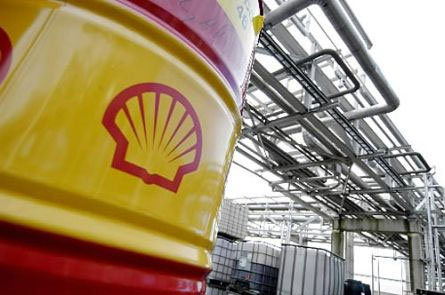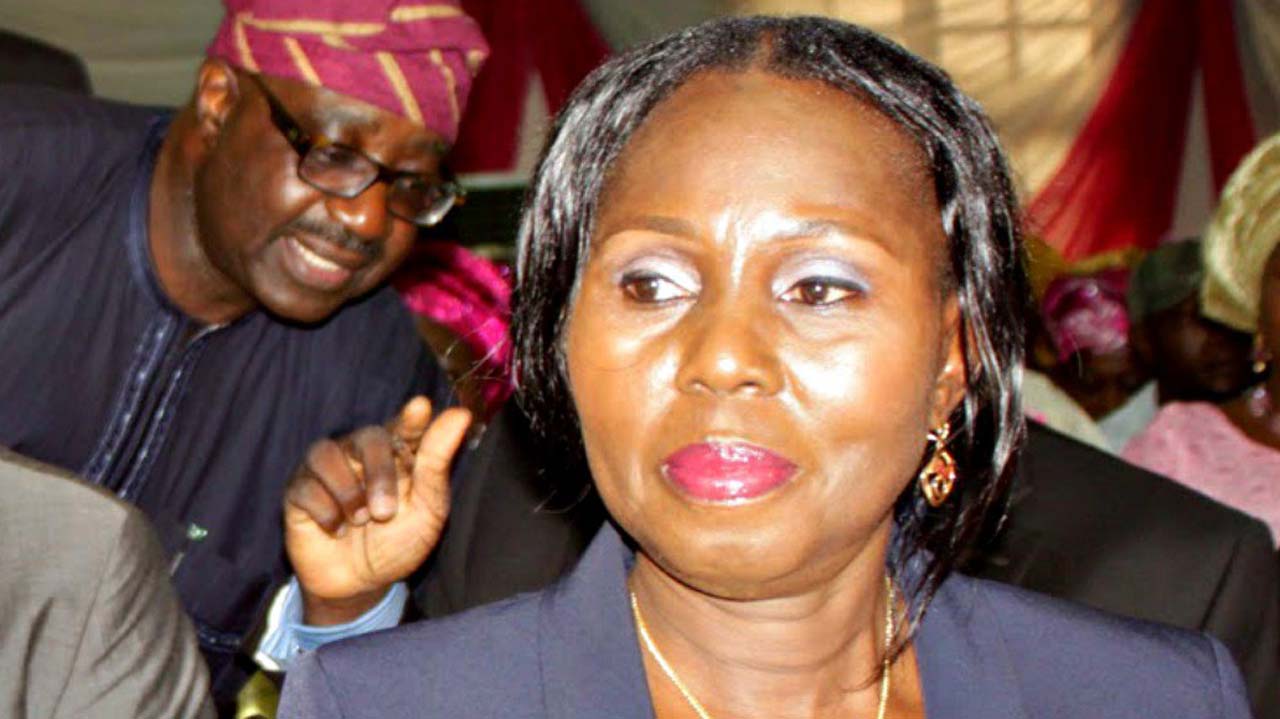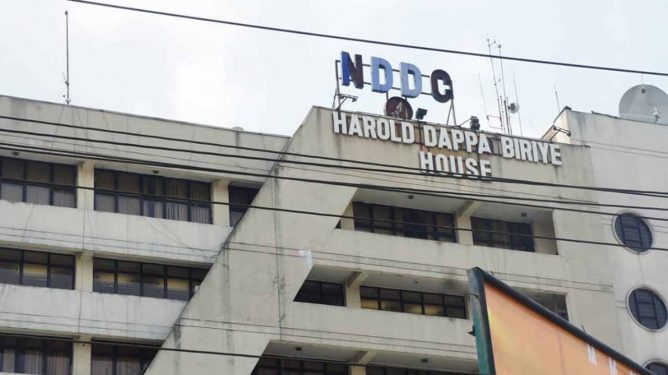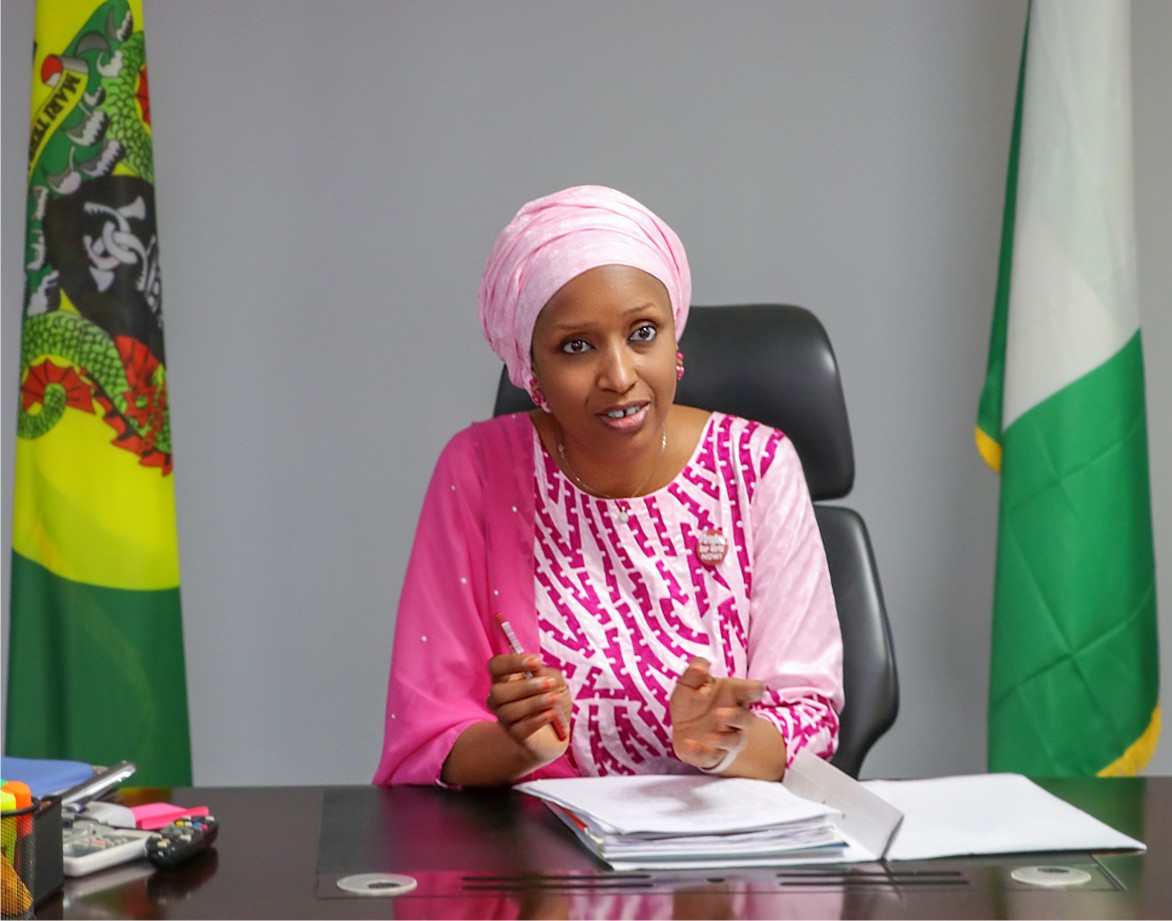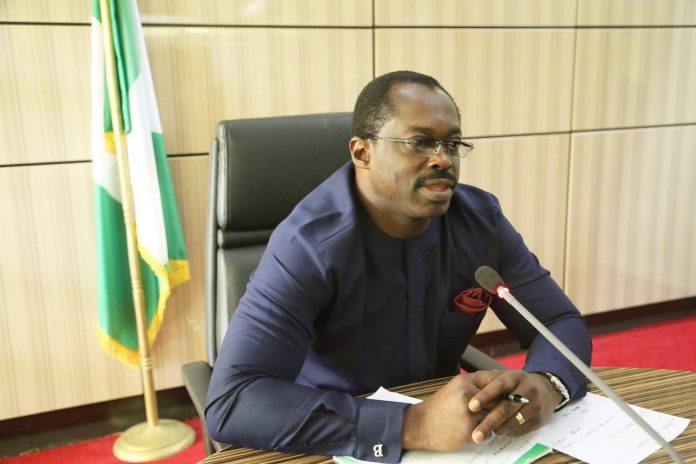Sergio Spadaro, the Italian deputy prosecutor, on Thursday told a Milan court prosecuting Shell and Eni over the OPL 245/Malabu affair that all parties involved in the deal were corrupt.
He said President Goodluck Jonathan, who led Nigeria from 2010 to 2015, Dan Etete, who allocated OPL 245 to Malabu Oil and Gas — a company in which he had interest as minister of petroleum — in 1998 and Diezani Alison-Madueke, who was minister of petroleum when the oil block was sold to Shell and Eni by Malabu in 2011, all had long-standing relationships.
Spadaro also told the court that Mohammed Bello Adoke, Nigeria’s attorney-general at the time, was once a lawyer to Etete who owed him for his services before he was appointed by Jonathan in 2010.
The deputy prosecutor said Adoke bought a house worth N500 million for N300 million, alleging that the N200 million difference was a gift to the former minister.
Advertisement
Jonathan, Etete, Alison-Madueke and Adoke have all denied wrongdoings.
In 2011, Shell and Eni acquired the massively rich OPL 245 for over $1.3 billion — paying $1.1 billion to take over 100 per cent of Malabu’s interest and $210 million to the federal government as signature bonus.
The payments were made into Nigeria’s bank account in the UK, from where transfers were made to Malabu’s accounts.
Advertisement
Italian prosecutors allege that payments to Malabu were meant as bribe for Nigerian politicians and government officials.
Shell and Eni are now being tried for corporate fraud in an Italian court in Milan.
They have denied all charges.
Fabio De Pasquale, the lead prosecutor, is slated to go through the technical evidence and defence arguments at the next hearing on July 7.
Advertisement
‘THE SCHEME’
In a series of tweets of the court proceedings on Thursday by Barnaby Pace, a journalist and oil campaigner, reported that Spadaro reviewed the history of the oil block, placing emphasis on the era beginning with Jonathan’s ascent to power in 2010.
He said Mohammed Abacha, son of the late former military dictator whose government awarded the oil block, came forward that year to claim ownership of Malabu, the original awardeed.
The prosecutor said most of the 1998 oil licences were “illegitimate”, alleging that most never paid the signature bonuses.
Advertisement
He also said Eni’s due diligence report from a private intelligence company The Risk Advisory Group (TRAG) revealed Etete’s involvement in Malabu.
He alleged that President Olusegun Obasanjo allowed the 2006 settlement agreement to return the revoked oil block to Malabu because he needed Etete to support the 2007 election, which was won by Obasanjo’s handpicked successor, Umaru Musa Yar’Adua.
Advertisement
Spadaro said Shell staff noted in an internal email that Etete had to be “satisfied” and the new oil minister, Alison-Madueke, was “on the take”.
When Jonathan became president, according to the prosecutor, he felt he need Etete’s support in the amnesty programmed for Niger Delta militants.
Advertisement
The prosecutor, citing internal emails, insisted that Shell knew Etete would benefit from the proceeds of oil block sale despite denying having any direct dealing with the former minister.
He accused Aliyu Gusau, former national security adviser, of seeking to gain from the transaction.
Advertisement
In his final comment, Spadaro said a statement made at a meeting at Eni headquarters revealed that “50 percent [of the transfers to Malabu] goes to all others who helped Etete to get rights on OPL 245”.
The trial continues.
Add a comment
